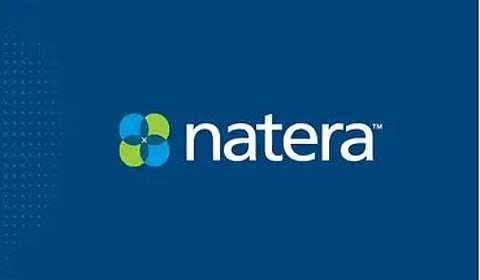

Natera, Inc. , a global leader in cell-free DNA and precision medicine, has announced the activation of the ARCHER (NRG-GU015) trial, a randomized phase III study led by NRG Oncology to evaluate treatment strategies for muscle-invasive bladder cancer (MIBC).
The trial will examine whether a shorter course of radiation therapy can deliver outcomes comparable to the standard of care. Importantly, it prospectively integrates Signatera®, Natera’s personalized molecular residual disease (MRD) test, as a pre-specified secondary endpoint.
MIBC, which accounts for about 25% of bladder cancer cases in the U.S., often requires aggressive treatment. With increasing focus on bladder-sparing options, the ARCHER trial aims to identify approaches that balance clinical effectiveness with patient quality of life.
The study is sponsored by NRG Oncology through the National Cancer Institute’s Clinical Trials Network and will enroll patients at over 100 sites across the U.S. and Canada. Signatera will be collected and reported at defined timepoints during treatment and follow-up, allowing investigators to track circulating tumor DNA (ctDNA) clearance as a predictive marker of response and recurrence.
Additionally, urine tumor DNA will be assessed as an exploratory endpoint. Signatera has already been clinically validated in MIBC to detect recurrence months earlier than imaging and independently predict recurrence risk after curative-intent therapy.
“With Signatera as a key assessment in the ARCHER trial, we aim to evaluate ctDNA dynamics to detect early molecular signs of disease recurrence in real time and refine our clinical surveillance toolbox beyond imaging and cystoscopy,” said Catherine Spina, M.D., Ph.D., co-chair of translational science for the study. “By utilizing ctDNA to monitor treatment response and recurrence, we hope to improve clinical outcomes for patients with MIBC.”
“By exploring whether we can safely reduce the intensity and duration of therapy without compromising outcomes, ARCHER has the potential to ease patient burden and improve quality of life,” said Minetta Liu, M.D., chief medical officer of oncology at Natera. “The use of serial Signatera testing in ARCHER represents an important step forward in determining how MRD insights can guide more precise patient management.”
The launch of ARCHER will expand Natera’s breadth of MIBC clinical evidence, where data has proven how ctDNA testing can benefit patients. That includes the recent read-out of positive topline results from the randomized phase III IMVigor011 trial, which demonstrated Signatera’s ability to predict adjuvant immunotherapy benefit in patients post-cystectomy.